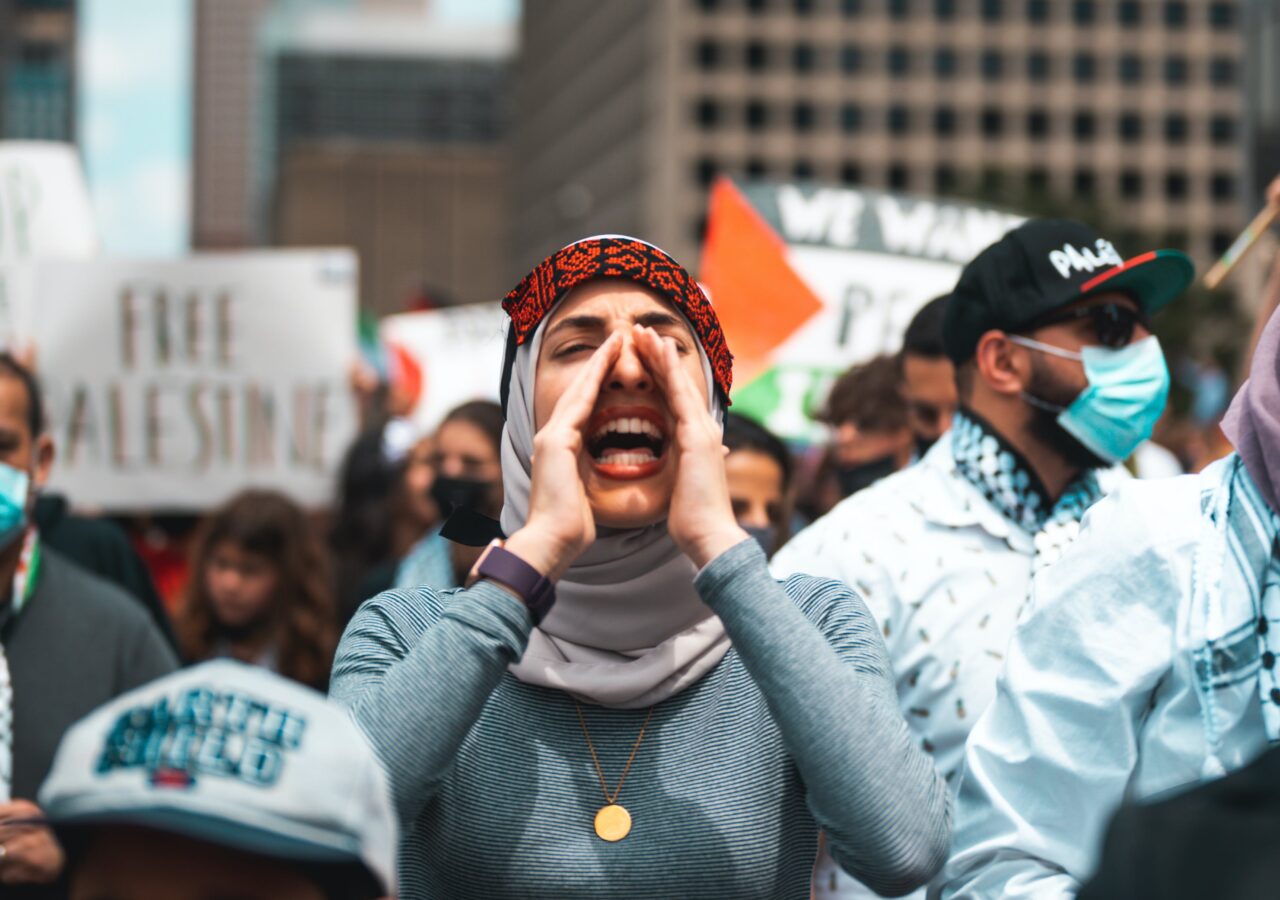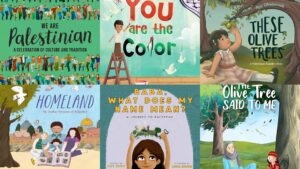Transform feelings of helplessness in the face of humanitarian crises into compassionate action, drawing strength and guidance from Islamic teachings.
Compassionate Action: Overcoming Helplessness & Despair

In a world where humanitarian crises intensify, feelings of helplessness and subsequent guilt can weigh heavily on our hearts. This sense of inability to make a significant difference in the face of vast suffering can lead to profound emotional turmoil, including shame and guilt. This article explores these complex emotions, their impact on our mental health, and how Islamic teachings can guide us towards meaningful action and emotional healing.
Witnessing suffering and injustice, especially when it feels beyond our control, can evoke a deep sense of helplessness. This feeling often spirals into guilt, as we question our own privileges and inaction. In extreme cases, it leads to a type of shame, where we feel inherently inadequate or wrong for not being able to alleviate the pain we see in the world.
This emotional burden can have far-reaching implications on our mental health. It can lead to feelings of depression, anxiety, and a sense of disconnect from the world around us. For those actively engaged in parenting or caregiving, these feelings can hinder their ability to be fully present and supportive.
Islamic Guidance in Times of Helplessness:
In these moments of emotional struggle, the teachings of Islam provide a beacon of hope and direction. The Holy Quran and the teachings of Prophet Muhammad (PBUH) offer profound wisdom on dealing with feelings of helplessness and channelling them into compassionate action.
A verse from the Quran that speaks to this is, “And whatever good you put forward for yourselves – you will find it with Allah. It is better and greater in reward.” (Quran 17:18). This verse encourages us to take whatever small steps we can in doing good, reassuring us that our efforts, no matter how seemingly insignificant, are seen and valued by Allah.
Prophet Muhammad (PBUH) also said, “The most beloved people to Allah are those who are most beneficial to people.” This hadith serves as a reminder that our value lies not in solving every problem but in being of benefit to others in whatever capacity we can.
Moving from Helplessness to Compassionate Action:
Acknowledge Your Feelings: Recognise and accept your feelings of helplessness and guilt. Cry if you need to, and explain to your children that as a human being you get upset by the deep and perpetual suffering of others. That this feeling is compounded with anger and frustration where this is avoidable. Being honest with children helps reassure and comfort them as well as validates any feelings of tension and sadness they may feel too. Help them understand that these are natural responses to the suffering witnessed.
Small Acts Matter: Your feelings are a guide to what you truly care about. Use this insight to direct your talents and resources to where they matter. Do not let Shaytan persuade you that you are worthless and your action will not matter. This is one of his oldest tactics. Embrace the Islamic teaching that even the smallest act of kindness is significant. You may not be able to change the whole world, but you can make a world of difference. Write to your local councillor, attend protests to make your voice heard, boycott brands that contribute to oppressive regimes and ask others to boycott these too. These are all small but significant actions.
Educate and Raise Awareness: Use your voice to educate others about the issues and the injustice. Awareness is the first step towards collective action. Ensure you know the facts, the history and the context. Read the books of the oppressed to understand their struggle. It is painful to read and acknowledge but we owe them that. It cannot be more painful than living it.
Use creative ways to raise awareness to help you stand out. And keep going, your voice against oppression counts.
Volunteer or Donate: Find ways to volunteer your time or resources. Remember, according to Islamic teachings, even a smile is charity. Volunteering helps combat feelings of helplessness and transforms the negative energy into action with a positive purpose. Volunteering will move you from a state of inaction to a state of empowerment as well as provide a community of like minded people who also care and seek change.
Take Care of Yourself: Ensure that you are mentally and emotionally well. Self-care is crucial in enabling you to help others, which includes your own family first and foremost as well as the wider world. Spend time in nature and rest well in order to replenish your mental and physical energy for a sustainable effort.
Connect with Community: Engage with others who share your concerns. Collective efforts can lead to greater impact.
Imam Ali (AS) said: ‘I advise you to have Taqwa in Allah and organise your affairs.’
One of the most empowering responses to feelings of helplessness is to recognise the power of collective action. Organising with others who share your concerns can amplify the impact of your efforts. In Islam, the concept of Ummah emphasises the sense of a global community bound by shared values and goals. When individuals come together, their combined strengths and resources can tackle challenges that seem insurmountable alone.
Collective action also serves as a powerful antidote to the isolation that often accompanies feelings of helplessness.
It fosters a sense of belonging and purpose, reminding us that we are not alone in our concerns and efforts. Whether it’s through community organising, advocacy, or joint charity initiatives, the impact of collective action can extend far beyond what we can achieve individually. It’s a testament to the Islamic principle that when we unite for a common good, our potential for positive change is limitless.
Pray and Reflect: Turn to prayer and reflection. Seek guidance and strength from Allah to continue your compassionate endeavours. Make collective dua as a family for the oppressed and for a brighter tomorrow. This will increase family bonds, provide an opportunity to share feelings as well as teach children the Islamic duty of standing with the oppressed and doing what is right.
Read the Holy Quran to achieve calm as well as to help gain perspective, clarity and hope. The Quran is studded with examples of the fall of the oppressors irrespective of the magnitude of their empires.
Being stuck in emotion prevents us from accessing the rational part of the brain which aids problem solving, rationalising, and finding solutions. Seek comfort and reassurance from the Quran. Allah (SWT) says in the Holy Quran: ‘Surely in the remembrance of Allah do hearts find comfort’ ( Quran 13:28)
No matter how horrendous situations are, we must have faith that Allah is in complete control and is watching what is happening. ‘So put your trust in Allah, for you are surely upon the path of clear truth’ (Quran 27:79)
Feelings of helplessness and guilt in the face of humanitarian crises are profound but not insurmountable. Through the wisdom of Islamic teachings, we can transform these feelings into compassionate action. Remember, it is not about solving every problem but about doing what we can, with the resources we have. Each small act of kindness is a step towards a better world, and Allah sees and values every effort we make.


